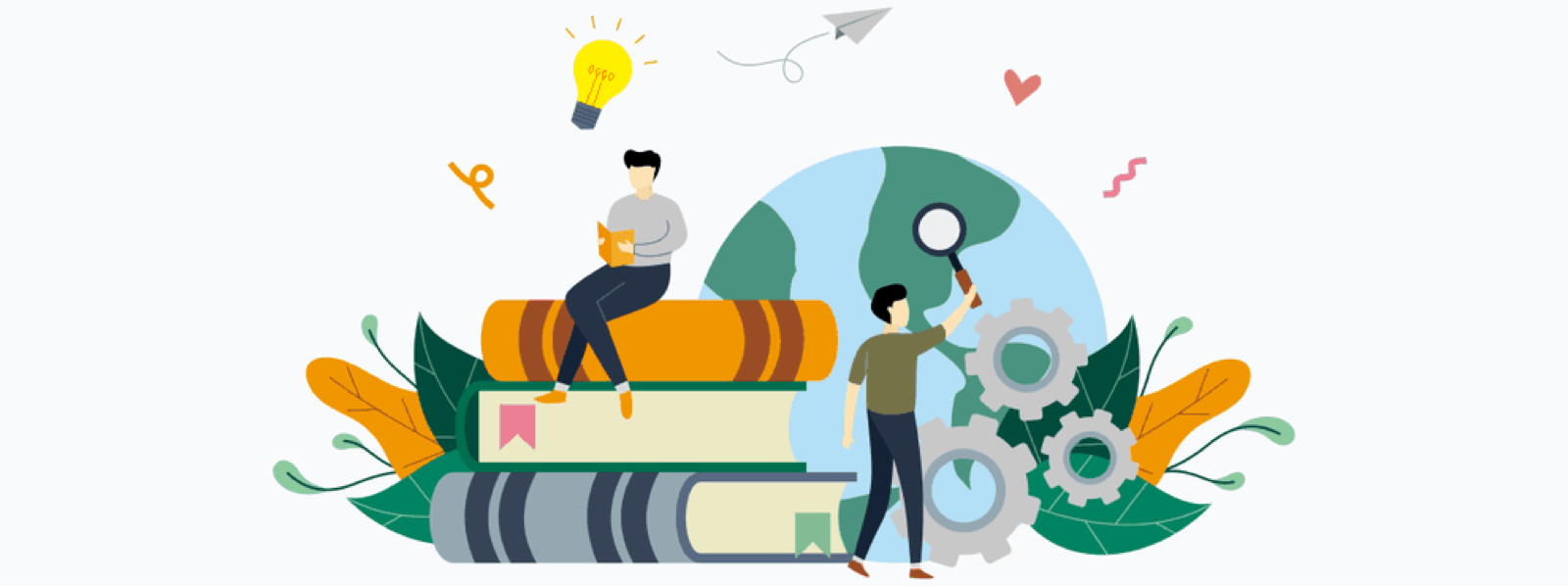Upstream thinking is now being used by companies of all types to solve long-term problems and achieve long-term goals. For instance, instead of only prescribing heartburn medication for a patient who complains of continuous heartburn, doctors should investigate dietary aspects to see whether changing the patient's diet could prevent the heartburn from occurring in the first place?
The Upstream Thinking strategy entails taking early collaborative action to secure better results through prevention rather than merely reacting to and being scared by crises that may have been avoided. It is founded on the principles of forecasting, long-term thinking, and root-cause problem-solving at an early stage.
The following article will elaborate more on this 21st century managerial phenomena.
What Is Upstream Mindset?
Thinking upstream entails looking outside the present problem's terrible impacts to the underlying causes of the problem. We create the chance to uncover gaps, causes, and early warning signals by going upstream before they lead to instability, inequity, and injustice.
Upstream thinking is defined as the desire to solve problems before they occur, and it reveals early warning indicators that guide tactics, actions, and what and how you'll track success. Upstream thinking is illustrated in a well-known public health morality tale: you and a friend are standing by a river when you observe children drowning. Both of you jump in and save the kid. However, your buddy says, "I'm heading upstream to stop the person who's putting these kids in the river."
Psychological Biases
Cognitive errors can lead to wrong conclusions. They enable us to make speedy decisions. For example, if you're travelling down a dark alley and notice a dark shadow following you, you may feel it's a robber and that you should leave as soon as feasible due to a cognitive bias.
A flag waving in the air could have created the black shadow, but adopting shortcuts can sometimes keep you out of trouble in circumstances where quick decisions are essential.
Reason Before Reacting, Respond!
Reactions are similar to that of an untrained puppy. That untrained puppy will bark at every dog it sees, leap at every passing neighbor, and then eat your dinner the moment he sees it. Responses are more considered. When you answer, you consider the probable outcomes of your response before saying anything.
Responses are more comparable to that of a well-trained and well-behaved dog who comes when called, barks only when necessary, and calmly awaits his treat. Taking a little pause before responding to the trigger can help you disconnect from habitual reactions and completely influence the outcome of the event.
The Power of Preventive Thinking
Experts continue to discover evidence that our ideas, both positive and negative, have physical impacts on our bodies. Less stress, better general physical and emotional health, and extended life span, and improved coping skills are all benefits of positive thinking.
Nice things are going to happen if you consider the good thinking. We all question how to be happy and successful from time to time. We may find ourselves sailing towards our goal in top form at times, yet there are others when we may be unable to navigate our way to victory. That is the time when we need positive thinking and optimistic thoughts, the most in our life.
Here are some reasons to cultivate positive thinking about life:
1. Happiness
It is well recognized that a positive attitude is linked to a feeling of happiness. If you think positively, you will be at ease and happy.
2. Self-confidence
When you adopt a positive attitude, you will begin to feel more confident about yourself. You'll have a greater sense of self-worth and inner power as a result of your increased regard and affection for yourself.
Reading Perspective
The “River Story” is a usual way to describe primary prevention. You and a friend are having a picnic beside the riverbank. A youngster is drowning, you hear a shout from the edge of the water. You both jump in, grab the kid, and swim to land without thinking. Before you can recover, you hear another child cry for help. You and your buddy snap back within the watercourse to rescue her further. Then another frightened child appears... and another... and another. You're both struggling to keep up. Suddenly, your buddy emerges from the sea, seemingly abandoning you. “Where are you going?” you demand. "I'm going upstream to confront the person who's pushing all these kids in the water," your colleague says.
Barriers to The Upstream Mindset
We live in a world where everything happens downstream. We spend the majority of our time reacting to problems that occur downstream instead of engaging with the problem's source, which is located upstream. Upstream thinking is hampered by three obstacles, according to Heath:
1. Problem Blindness
Problem blindness assumes that the problem is unavoidable or natural and that you have no control over it. We just shrug it off. We conclude, "That's just the way it is." As a result, we don't even try. "We won't be able to tackle a problem if we don't acknowledge it."
2. A Lack of Ownership
Moving upstream demands personal ownership of the problems. Even though it is not expected of me, I opted to remedy this problem because I can and it is worth repairing."
3, Tunneling
Tunneling is a state in which "people who are juggling a lot of issues give up trying to address all of them."
Conclusion
Instead of responding to and being intimidated by crises that may have been avoidable, the Upstream Thinking technique comprises taking early collaborative action to ensure superior results through prevention.
Adopt an upstream thinking strategy, which comprises detecting potential problems and taking action for them rather than waiting for someone else to solve them.
Strive to be a "problem solver," and keep in mind that minor issues often anticipate major ones, so it's best to identify and address problems early on before they become major problems that could cause substantial harm.
Want to read more? Check Out our full range of blogs! Read more article @ Parhai Likhai
Need a TUTOR? click here to start your search.
Contact us at info@parhailikhai.com or 0332-2007633















